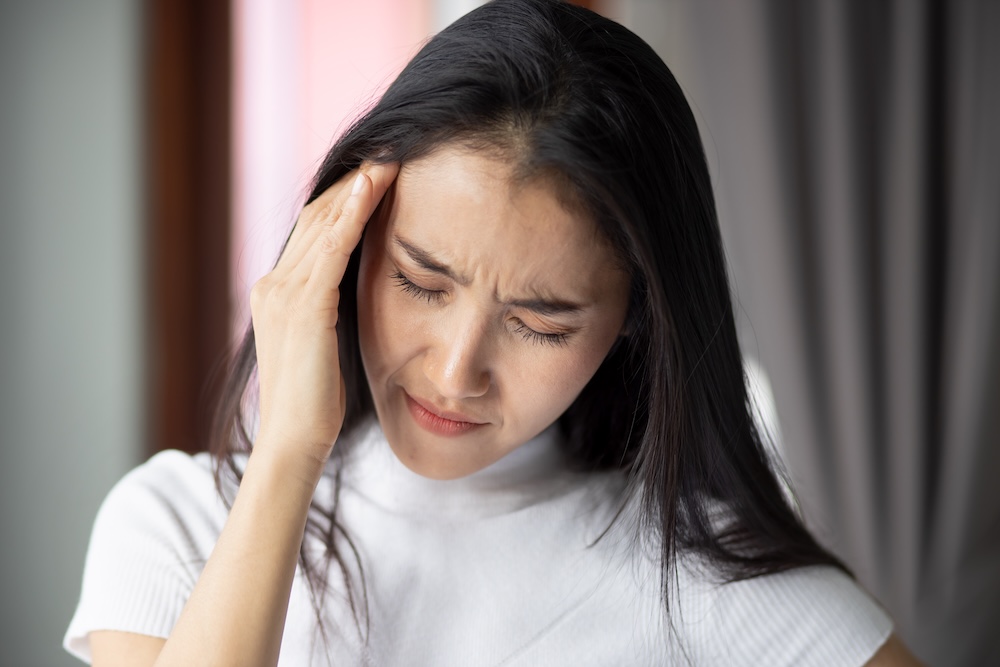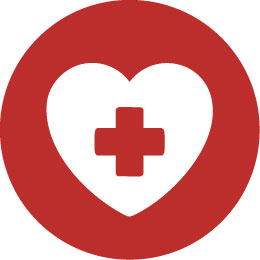
Migraines are a neurological condition characterized by intense, often throbbing pain that typically occurs on one side of the head. Globally, migraines are a leading cause of disability, and in Singapore, an estimated 9% of the population experiences migraines regularly. These attacks can last from a few hours to several days, with symptoms that may include nausea, vomiting, and sensitivity to light and sound.

• Pulsing or throbbing pain, usually on one side of the head
• Visual disturbance or "aura"before the headache begins
• Nausea and vomiting
• Sensitivity to light, sound, or smell

Migraines are often triggered by environmental and lifestyle factors, including stress, hormonal changes, specific foods, dehydration, and irregular sleep. Genetic predisposition also plays a significant role.

Preventative medications, lifestyle adjustments, and acute treatment options like triptans can help manage migraine attacks. New medications, such as CGRP (Calcitonin Gene-Related Peptide) inhibitors, have shown promising results in reducing the frequency and severity of migraines and are increasingly available in Singapore.

• Dull, aching head pain that feels like a tight band around the head
• Pressure or tightness across the forehead or back of the head
• Mild to moderate pain without other neurological symptoms

Tension-type headaches are typically managed with over-the-counter pain relievers, stress management techniques, and relaxation exercises. Chronic tension headaches may require preventive medication and physical therapy.

• Sinus infections
• Head trauma or concussion
• Brain tumors or aneurysms
• Medication overuse
• High blood pressure

Treating secondary headaches involves addressing the root cause of the headache. For instance, if a sinus infection is the cause, antibiotics or decongestants may be necessary. A healthcare provider can help determine the appropriate treatment plan based on the underlying condition.

• CGRP Inhibitors: Designed to block the action of the CGRP protein, these
injectable medications have been particularly effective in reducing migraine
frequency and intensity.
• Neuromodulation Devices: Non-invasive devices, such as transcranial magnetic stimulation (TMS) or vagus nerve stimulation (VNS), have shown
promise in interrupting pain signals and providing relief during headache episodes.
• Botulinum Toxin Injections: Commonly used for chronic migraines, Botox
injections can relax muscles and reduce headache frequency by targeting
pain pathways.
• Preventive Lifestyle Programs: Integrating wellness approaches, including
mindfulness, exercise, and nutritional support, can help reduce headache
frequency and severity as part of a comprehensive treatment plan.

